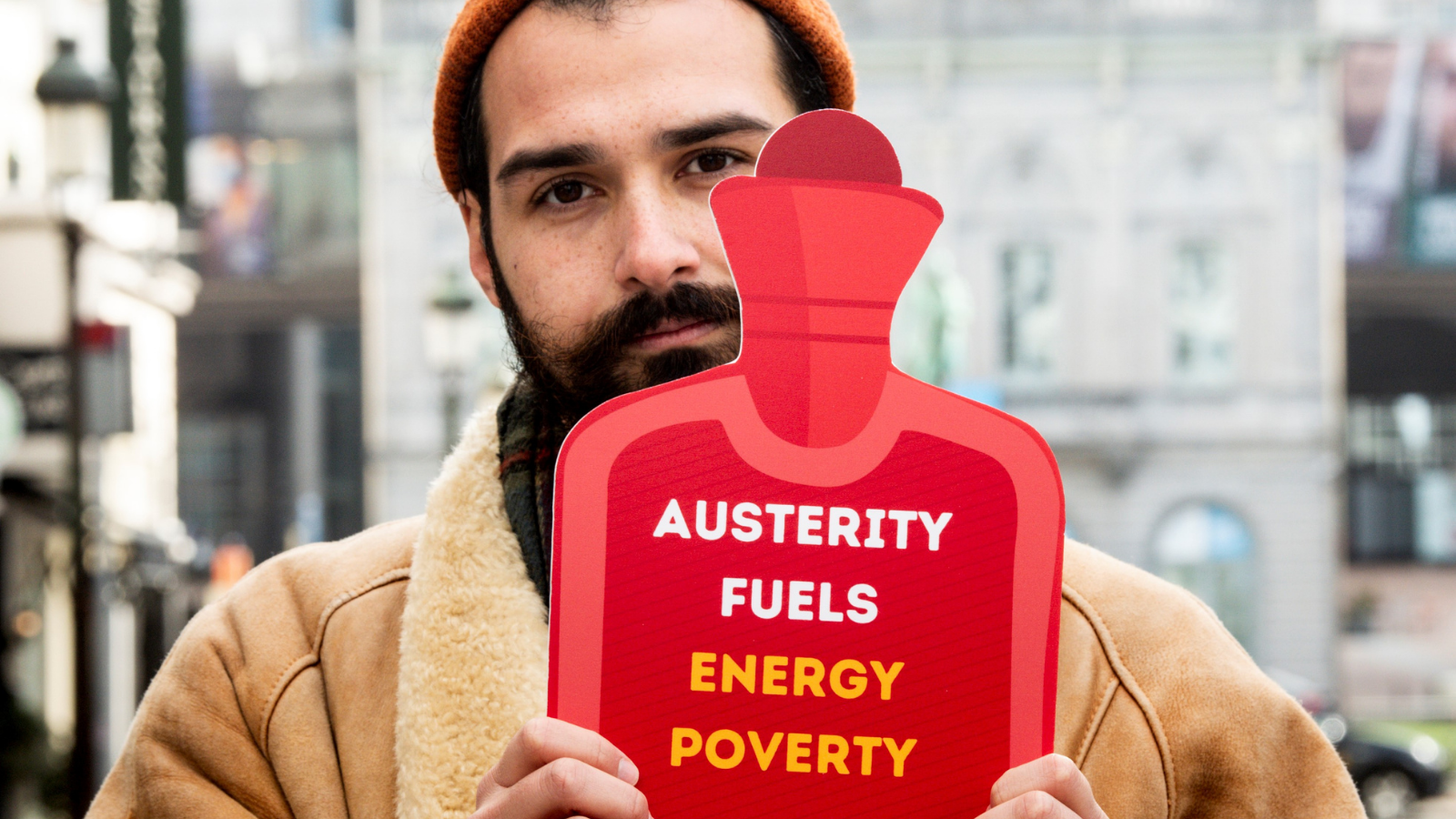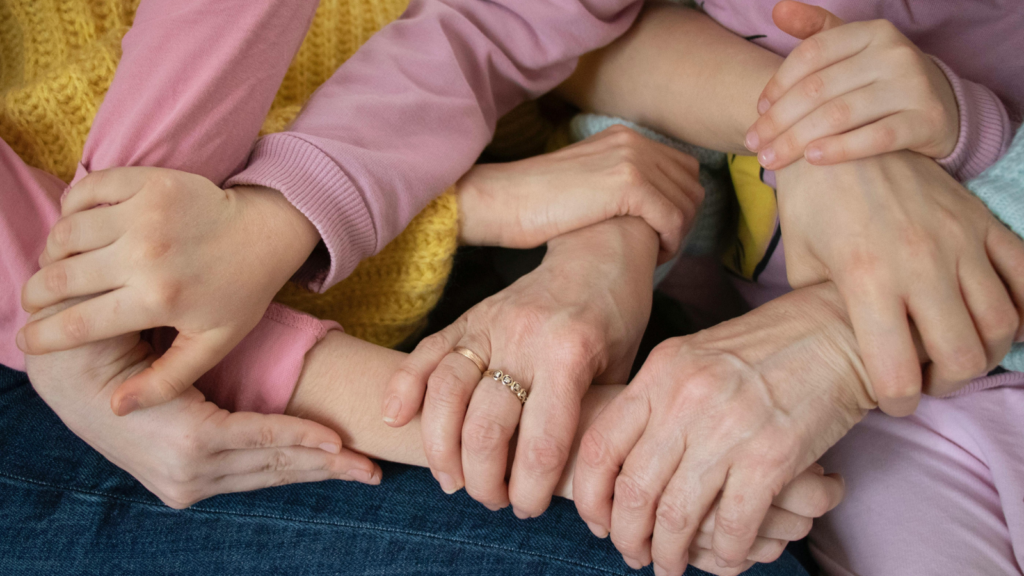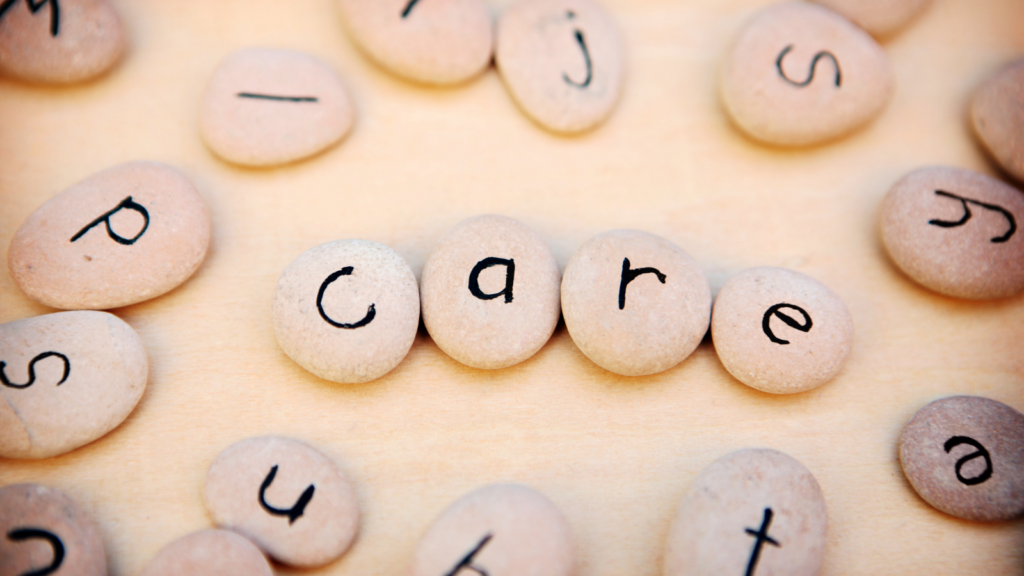It’s difficult to disentangle the energy poverty crisis from all the other crises the world is experiencing. Over 50 million Europeans aren’t able to adequately light, heat, or cool their homes. A number set to be exacerbated by the multiple, interlocking health, climate, and humanitarian disasters we are facing: from a global pandemic to stark warnings on climate catastrophe from the IPCC to the geopolitical tensions boiling over in Ukraine – we cannot lose sight of how severe this situation is for those whose lives have been upended and put at risk.
The impacts of these crises will be felt across Europe in many ways, but they expose and deepen other existing social inequalities: The European Commission recently published a stark warning, showing that the skyrocketing gas price crisis would directly impact these vulnerable households the most. The profile of people living with the reality of energy poverty differs across Europe, but it includes many people designated as key workers, families on lower incomes, single-parent households (often women-led), the elderly, and people of colour.
As a Climate and Energy Justice Campaign for Friends of the Earth Europe, I work with allies in the Right to Energy Coalition which brings together social and environmental organisations, trade unions, housing providers, and energy cooperatives at the EU, national and local levels to tackle energy poverty. I, and the rest of the coalition, believe access to clean and affordable energy is a basic human right.
In the Autumn, ETUC warned that low wages left 3 million European workers unable to heat their homes. This Winter has seen a rising share of income spent on household energy bills. This adds up alongside rising food prices, rents, and inadequate wages. It’s a situation that is neither sustainable nor just – but how did we get to this point?:
- Energy poverty is the result of deep structural issues – not a personal failing.
- This situation hasn’t arisen naturally: it’s a political choice and requires an urgent political response.
There is a toxic interplay between inefficient and unsafe housing stock (75% of EU buildings are classed as energy inefficient) and Europe’s profit-driven fossil-fuel-dominated energy system. This ensures that those with the least resources are asked to pay the most for their energy. Large, short-sighted fossil fuel subsidies continue to lock low-income households into gas-based heating systems for decades to come; effectively slowing down the green transition for vulnerable households most in need of clean, affordable energy.
As soaring energy bills rise alongside unimaginable fossil fuel profits, we can see exactly who the current system is working for: It has also been a lucrative period for fossil fuel corporations[1]. It’s encouraging to see calls for actions to curtail this, such as implementation of a windfall tax, (levied on obscene profits extracted during difficult circumstances) echoing up from grassroots campaigns like the UK’s Fuel Poverty Alliance[2] to the halls of power in the European Commission. It’s vital to get these emergency measures right for those in need of support. We must raise the floor on social protections so that no one dies for lack of energy. Importantly, we must fund this explicitly by capping profiteering.
It’s time to ask ourselves, what would an energy system that worked for people and planet actually look like?
Our growing Right to Energy movement has come together to re-imagine Europe’s energy system. We can see the beginning of this in our coalition demands:
- Decent and efficient housing for Europe’s energy-poor in line with the EU Renovation Wave strategy
- A ban of disconnections to effectively ensure the right to energy;
- The supply of a minimum amount of energy for all;
- Recognition of the role of community energy in alleviating energy poverty;
- Support for community energy projects fighting energy poverty;
- A European definition of energy poverty to understand and monitor the issue at EU-level
Recently, Friends of the Earth, alongside 40+ other grassroots civil society organisations (including COFACE), published an action plan to deal with the gas price crisis:
In terms of immediate relief measures some of the proposals could see:
- Emergency support for those in need of energy (ensuring, these measures must be: time-limited, conditional, visible).
- A windfall tax on the super-high fossil fuel profits from today’s super-high prices,
- A ban on disconnections.
- Fair and transparent energy pricing so poorer people are no longer paying more.
Some of the longer-term fixes outlined in the plan would ensure:
- Fully subsidised deep renovation programmes
- Large investment in renewable programmes for vulnerable groups, as well as addressing the upfront cost of community energy ownership.
- Phasing out fossil fuel infrastructure in our homes and a ban on fossil fuel infrastructure in existing buildings by 2030.
Everyone should have the right to clean affordable energy – and to live in a safe home that doesn’t contribute to the climate crisis. Together, we have the chance to meet the immediate needs of those living with energy precarity and avoid replicating the current oppressive and exploitative structures currently driving social and climate injustice in Europe, and across the world.
[1] Top fossil fuel companies made $65 billion while consumers hit by gas price crisis – Global Witness.
[2] #EnergyForAll Petition- Everyone has a right to the energy needed for heating, cooking, and light.
About the author: Kieran Pradeep (he/him) is a Climate and Energy Justice Campaigner for Friends of the Earth Europe. Born in India, but growing up in Northern Ireland, his previous focus has been on community organising, asylum and tenants union actions in Scotland.
**DISCLAIMER: All opinions in this article reflect the views of the author, not of COFACE Families Europe**





